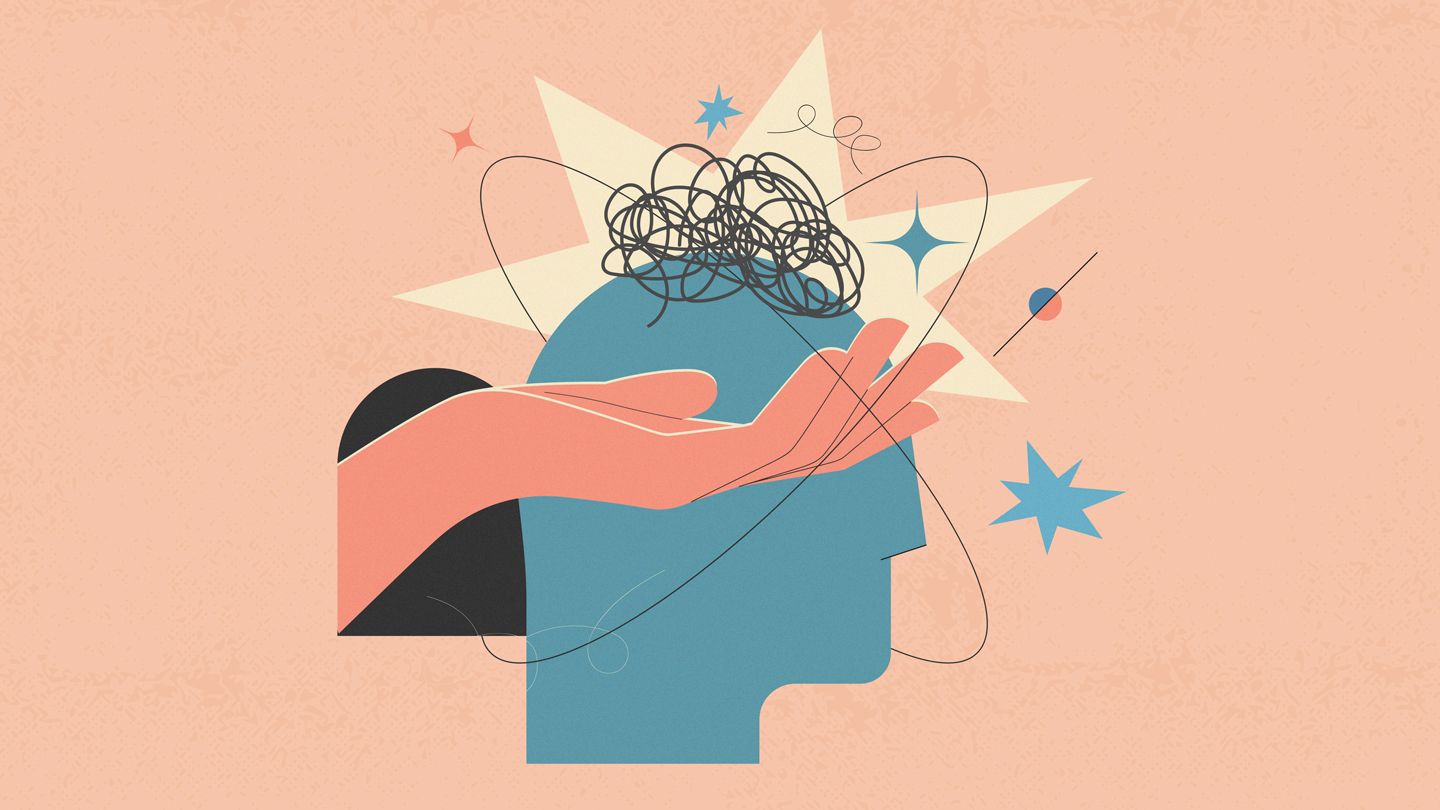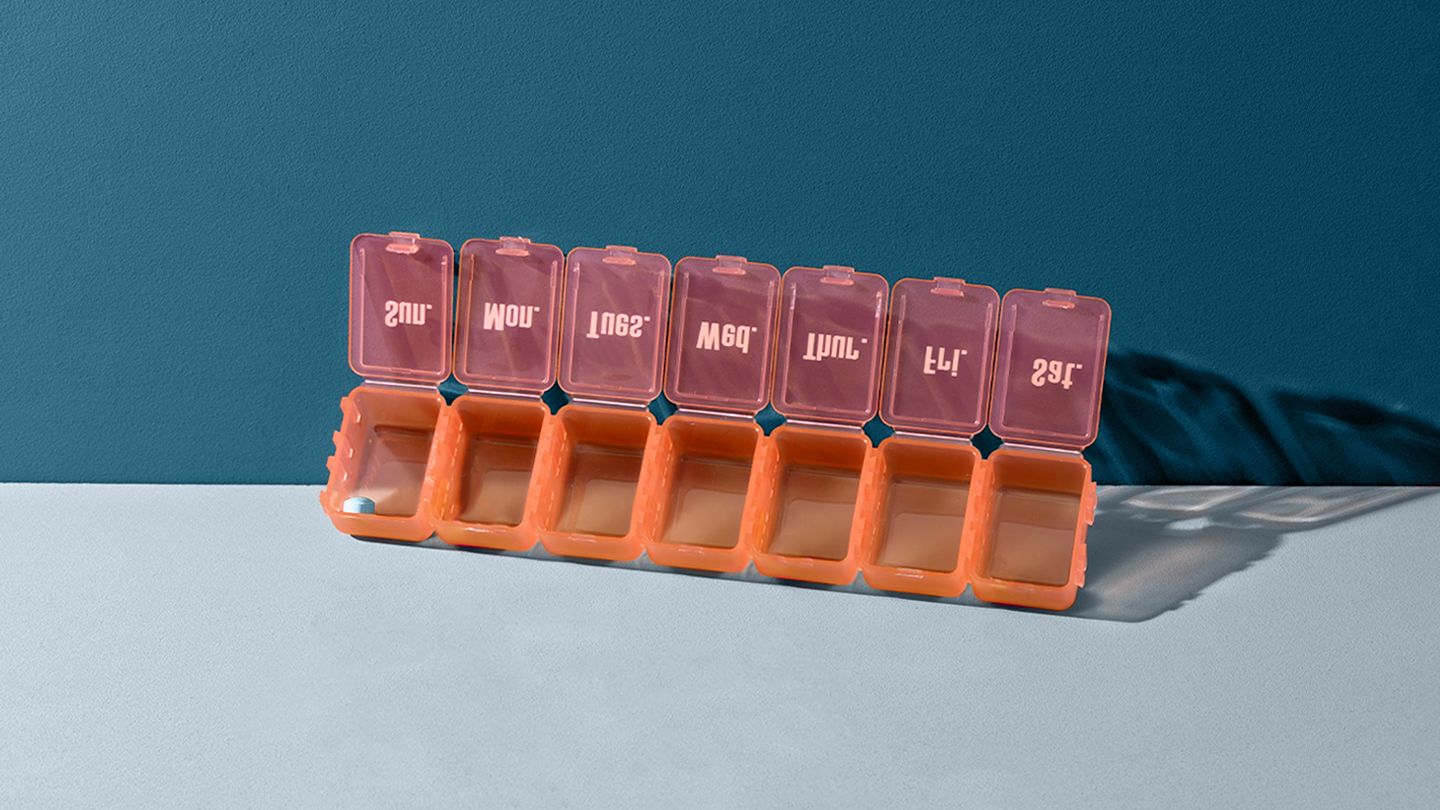Understanding ADHD and Its Symptoms
Attention deficit hyperactivity disorder (ADHD) is a common neurodevelopmental disorder characterized by inattentiveness, hyperactivity, and impulsivity that begins in childhood and can persist into adulthood. Some common symptoms of ADHD include:
- Difficulty paying attention and staying focused
- Excessive activity or restlessness
- Acting impulsively without thinking
- Struggling to follow instructions or finish tasks
- Forgetfulness and disorganization
These symptoms can lead to challenges in school, work, and relationships if not properly managed. However, with an accurate diagnosis and treatment plan, those with ADHD can thrive.
Determining If You Should Get Evaluated for ADHD
If you relate to the common symptoms of ADHD, consider getting evaluated by a mental health professional like a psychiatrist or psychologist that specializes in ADHD. An evaluation is the only way to determine if ADHD is causing the symptoms.
Ask yourself the following questions:
- Have these symptoms been present since childhood?
- Are the symptoms severe enough to interfere with work, relationships, or other parts of life?
- Can the symptoms be better explained by another condition?
If you answered yes to these questions, then getting evaluated is likely the next best step.
Finding an ADHD Specialist
Getting evaluated by someone familiar with diagnosing ADHD is vital for an accurate diagnosis. The best options are a child psychologist, psychiatrist, developmental pediatrician, neuropsychologist, or behavioral pediatrician.
Here are some tips for finding an ADHD specialist:
- Ask your primary doctor for a referral
- Contact your health insurance for a list of in-network providers
- Search online directories through organizations like CHADD or Psycology Today
- Look for someone with extensive ADHD experience
Once you have a few potential specialists, vet their background and patient reviews before scheduling an appointment.
Preparing for Your ADHD Evaluation
Thoroughly preparing for your ADHD assessment will help the evaluator gather the detailed information they need to make an accurate diagnosis. Here is how to get ready for your evaluation:
Learn the Evaluation Process
The assessment will likely involve an interview going through your medical history, questionnaires or rating scales about your symptoms, computerized testing of attention and concentration, and asking about your experiences in various settings.
Understanding the format ahead of time can help you feel more comfortable and share information openly during the evaluation.
Track Your Symptoms
Keep a diary of your symptoms for a few weeks leading up to the assessment. Note examples of when you struggled with focus, organization, forgetting things, restlessness, or impulsivity.
Having real-world examples will help accurately communicate what you experience to the specialist assessing you.
Gather Historical Information
Bring any records or test results documenting symptoms from earlier in life, especially from childhood. Report cards, past medical records, or notes from teachers or family can aide the evaluator in making an accurate diagnosis.
If possible, bring someone that knew you as a child to provide their own observations about your behavior and attention issues early on.
Asking Your Doctor About an ADHD Diagnosis
When meeting with the doctor or mental health professional evaluating you for ADHD, asking the right questions is vital. Here are important questions to ask about an ADHD diagnosis:
What Steps Are Involved in Making a Diagnosis?
Understand upfront what assessments, rating scales, interviews, and potential follow-up appointments may be part of determining if you have ADHD or not. This gives you clarity on what to expect from the evaluation process.
How Do You Distinguish ADHD from Similar Conditions?
Since ADHD symptoms can mirror other conditions, find out how the evaluator will rule out or account for the possibility of anxiety, depression, learning disabilities, autism spectrum disorder, or other diagnoses that could explain your struggles.
What If I Don’t Think I Had Enough Symptoms in Childhood?
While ADHD begins in childhood, some less obvious cases are missed until adulthood. Ask how they diagnose ADHD that wasn’t caught earlier in life and what considerations they make in those situations.
If I Don’t Have ADHD, What Else Could Be Behind My Symptoms?
You may not receive an ADHD diagnosis, but that doesn’t mean you shouldn’t get help. Inquire about what other potential issues may be explored if they determine ADHD is not the cause, and how you can get treatment for those conditions instead.
Receiving an ADHD Diagnosis
Getting diagnosed with ADHD can feel like both a relief to finally understand the cause of your struggles, and overwhelming as you process what it means for the future. Remember an ADHD diagnosis simply opens the doors to getting extra support and effective treatment.
Allow Yourself to Process the Diagnosis
Let any complex feelings or questions brought up by the diagnosis surface. Jot them down to discuss with the evaluator or a therapist. Identifying how you feel about having ADHD is necessary to move forward in a healthy way.
Ask About Next Steps After Diagnosis
An accurate ADHD diagnosis is important, but taking action to manage symptoms is the ultimate goal. Discuss options like therapy, ADHD coaching, organizational training, workplace accommodations, medication, stress management tools, or behavioral strategies.
Join an ADHD Support Community
Connecting with others that share the condition can ease feelings of isolation or frustration that an ADHD diagnosis sometimes triggers. Support groups also provide great opportunities to learn real-life tips for managing ADHD struggles.
Getting Effective ADHD Treatment
While no cure for ADHD exists, various medication and non-medication treatment plans are available to successfully manage symptoms. Work closely with your doctor to find the right combination for your situation.
Explore Medication Options
Prescription stimulants and non-stimulants are effective options many with ADHD choose to help control symptoms. Understand the pros and cons of each to determine if medication could benefit you.
Try Lifestyle Changes and Coping Strategies
Making adjustments to your habits around organization, sleep, exercise, and stress can make a big difference when combined with other treatments. Building a toolbox of ADHD coping tactics offers long-term skills as well.
Consider Working with a Therapist
Ongoing counseling helps process the impact of ADHD and build self-esteem. Cognitive behavioral therapy is particularly well-suited to unlearning negative thought patterns that contribute to ADHD symptoms long-term.
Getting properly diagnosed and treated for ADHD can genuinely change your quality of life. While the process may feel daunting, use the checklist and questions in this article to guide you to the clarity, resources, and support system you need to successfully manage ADHD.
FAQs
What type of doctor diagnoses ADHD?
The best medical professionals to evaluate you for ADHD are psychiatrists, pediatricians, neuropsychologists, developmental pediatricians, child psychologists, and behavioral pediatricians who specialize in ADHD assessment.
How do I prepare for an ADHD evaluation?
To prepare, learn about the standard ADHD assessment process, track your symptoms in a diary for a few weeks beforehand, and gather any historical records related to attention issues from childhood like medical records, report cards, or family observations.
What happens if I am diagnosed with ADHD?
After being diagnosed, allow time to process the news, ask about possible treatment options like therapy or medication, and consider joining an ADHD support group to connect with others managing the disorder.
Why do adults get diagnosed with ADHD?
Less obvious cases of ADHD are sometimes missed in childhood and only become apparent later in adult life as responsibilities mount and a person's coping strengths are outweighed by their struggles with focus, organization, memory, or impulsivity.
Disclaimer: This article is for informational purposes only and does not constitute medical advice. Always consult with a healthcare professional before starting any new treatment regimen.
Related Coverage
Discover the potential link between chewing on objects and ADHD in children. Learn about oral fixation, the connection to sensory needs, and how to address this behavior with professional help and appropriate sensory outlets....
Research shows PMDD and ADHD commonly co-occur in women due to overlapping symptoms, brain changes, genetics, and hormone fluctuations that worsen both conditions....
If you have ADHD, mornings can be exceptionally hard. Learn strategies like optimizing sleep habits, prepping ahead, using accountability partners, and experimenting with alarms....
Explore the potential benefits of pre workout supplements for ADHD. Learn about the science behind ingredients like caffeine, L-theanine, and B-vitamins, and how to choose the right products....
Learn about getting an ADHD diagnosis, treatment options like stimulant medications, and how to safely purchase affordable ADHD drugs online legally....
While Xanax provides temporary relief for ADHD anxiety, it risks dependence and addiction. Safer options include therapy, lifestyle changes, and alternative medications....
Online ADHD assessment and medication management provides a convenient way for busy adults to get diagnosed and access prescription stimulants like Adderall and Vyvanse....
Concerta shortages due to increased ADHD demand leaves patients seeking options. Consider alternate stimulants, off-label meds, compounding, coupons, generics and behavior therapy until stabilized methylphenidate-ER shortage resolves....
Practical CBT for ADHD techniques improve focus, cut procrastination, and create lasting habits for everyday success....
Research shows potential connections between worsening ADHD symptoms and gluten. Learn how gluten free diets work, implementing elimination protocols, reintroduction, pros vs cons....








